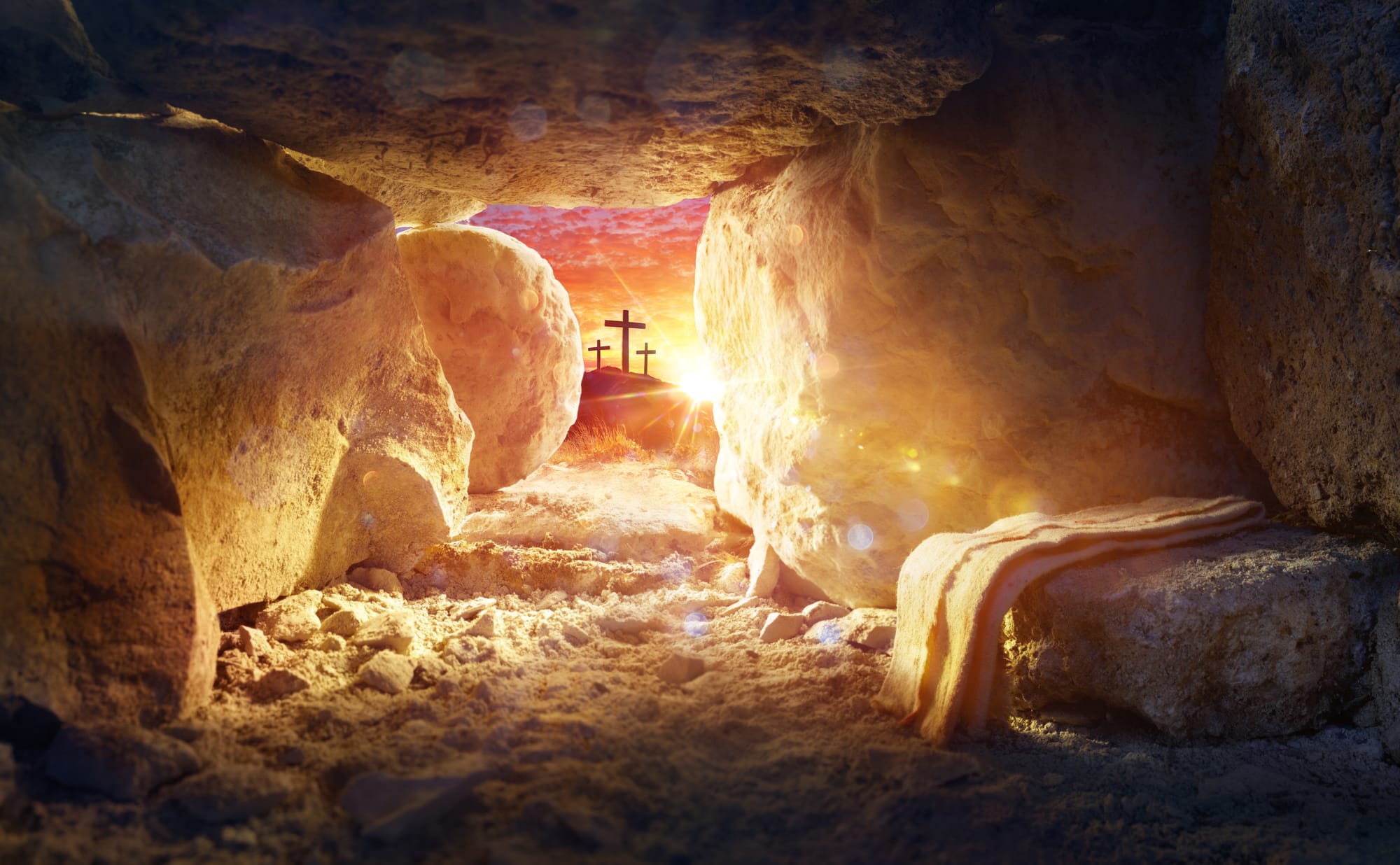
Photo by Cameron Kirby on Unsplash
In JRR Tolkien’s The Lord of the Rings, Frodo, the young hobbit, has been given the burden of bearing the one ring of power.
It is a ring that has the potential to put all of Middle Earth under terror and shadow, and the darkness is already spreading.
With a fellowship of friends, Frodo determines he must start the long, dark journey to destroy the ring by throwing it into the volcano from which it was forged.
It is a journey that will take him on fearful paths through enemy territory and overwhelming temptation to the end of himself.
Seeing the road ahead of him, he laments to Gandalf the Wise that the burden of the ring should have come to him in the first place.
“I wish it need not have happened in my time,” said Frodo.
“So do I,” said Gandalf, “and so do all who live to see such times. But that is not for them to decide. All we have to decide is what to do with the time that is given us.”
Invited on a quest
A fan of Tolkien’s epic fantasy once wrote the author to say that he preferred to read The Lord of the Rings particularly during the season of Lent.
Lent is time set apart for pilgrimage and preparation, 40 days to decide what to do with the time that is given us.
Though I don’t know all this reader had in mind with such a statement, Tolkien’s portrayal of a journey into darkness with the weight of a great burden and a motley fellowship of companions certainly holds similarities to the journey of the Church toward the cross.
The 40-day period that leads to Easter is both an invitation and a quest for any who would be willing, albeit a difficult one.
The deliberate and wearisome journey with Christ to the cross is a crushing burden, even with the jarring recognition that we are not the one carrying it.
On the path to Holy Week, the fellowship of the church far and wide is given time to focus in detail on what it means that Jesus came into this world that he might go the fearful way of the Cross.
An anointed time
It is time set apart for pilgrimage and preparation, 40 days with which we decide what to do with the time that is given us.
In fact, Christian scriptures attach special meaning to the 40-day journey. Considering the number of days marking a devout encounter with God, we find the occurrence of 40-day journeys throughout the stories of the prophets and the people of God:
- For 40 days, Noah and his family waited on the ark as God washed away and revived the earth.
- Moses spent 40 days on Mount Sinai, where he received the Law of God to share with the Israelites. Later, he spent 40 days on the mountain prostrate before the Lord after the sin of the golden calf.
- Elijah was given food in the wilderness, which gave him strength for the 40-day journey to Horeb, the Mount of God.
- Jonah reluctantly accepted 40 days in Nineveh where the people, heeding his warning, repented before God with fasting, sackcloths, and ashes.
- For 40 days the prophet Ezekiel laid on his right side to symbolise the 40 years of Judah’s transgression.
- And finally, for 40 days Jesus was tempted in the wilderness. As Mark reports: “The Spirit immediately drove him out into the wilderness. He was in the wilderness for 40 days, tempted by Satan; and he was with the wild beasts; and the angels waited on him.”
It is with this same Spirit that any are invited to take the 40-day journey into the shadows and difficulties of Lent.
In every 40-day (or 40-year) journey described in Scripture, the temptations are real, the waiting is difficult, and the call to listen or to look, to obey or deny is wearying. But there is something about the journey itself to which God moves the journeyer.
Jesus himself was driven by the Spirit into the wilderness for 40 days, while Moses, Ezekiel, Noah, and even Jonah were each instructed to set out on the journeys that brought them closer to the heart of God, whether they were able to accept it or not.
The call to bear the cost
Similarly today, the 40 days that lead to Easter Sunday are not without burden or cost.
“The Cross of Lent”, as Augustine referred to it, is one to bear year round, but one we learn to bear all the more intensely along the way to the cross during Lent.
Each day we are given is one we decide what to do with.
Here, the church invites the journeyer to remember that we are dust, that we follow Jesus to his death, that we recollect the acts of God to be near us, and we let go of the things that keep us from holding the Son who saves us.
Of course, these are burdens that none will never bear alone. But each day we are given is one we decide what to do with.
Jesus has given one option:
“If any want to become my followers, let them deny themselves and take up their cross daily and follow me. For those who want to save their life will lose it, and those who lose their life for my sake will save it.” (Luke 9:23-24)
This article was first published on A Slice of Infinity, a ministry of Ravi Zacharias International Ministries and has been republished with permission.
Reflection and Discussion
- Mid-way through a time set apart for pilgrimage and preparation, consider how the journey has been for you so far.
- What are you holding on to in your life that stops you from clinging on to the Christ of the Cross?
- Think of someone in your life who needs to know about the sacrifice of Jesus on the Cross. What can you do for him/her today to reach out in love?
We are an independent, non-profit organisation that relies on the generosity of our readers, such as yourself, to continue serving the kingdom. Every dollar donated goes directly back into our editorial coverage.
Would you consider partnering with us in our kingdom work by supporting us financially, either as a one-off donation, or a recurring pledge?
Support Salt&Light



